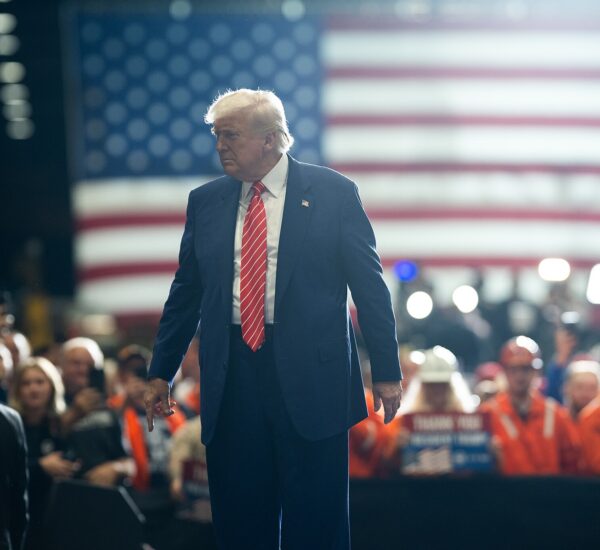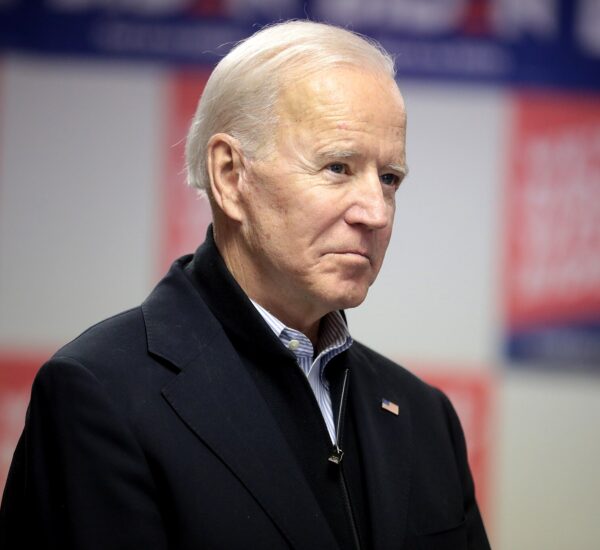Janet Jackson Calls Out Kamala?
Musician Janet Jackson recently stirred the pot regarding Vice President Kamala Harris’s ethnicity during an interview while promoting her European tour. When asked about the upcoming 2024 election and the possibility of electing the first female Black president, Jackson expressed her doubts, mentioning she had heard claims that Harris might not be Black and is instead of Indian descent.
This remark led to some clarification from the interviewer, who pointed out that Harris has both Black and Indian heritage. Jackson, however, continued, saying, “Her father’s white. That’s what I was told.” This comment reflects the ongoing conversation about identity in American politics, especially surrounding figures like Harris, whose background often becomes a topic of debate.
Kamala Harris’s identity is a blend of Jamaican and Indian heritage. She has emphasized the importance of embracing both aspects of her background throughout her career. Before stepping into her role as vice president, Harris graduated from Howard University, a prestigious historically Black college, and was an active member of the Congressional Black Caucus during her time as California’s junior senator.
When asked if the nation is prepared for Harris to step into the presidency, Jackson admitted uncertainty, stating, “I think there might be mayhem, either way it goes.” This candid admission underscores the divisions within the country regarding leadership and representation.
The discourse around Harris’s ethnicity has also been reignited by former President Donald Trump, who questioned her racial identity, suggesting she had previously identified primarily as Indian before aligning more with her Black heritage. Republican figures, like Rep. Byron Donalds from Florida, have defended Trump’s assertions, highlighting that media outlets, including the Associated Press, once referred to Harris as the first Indian woman elected to the Senate.
This ongoing discussion about identity not only reflects broader societal debates but also highlights the complexities of how political figures are perceived in the United States.






